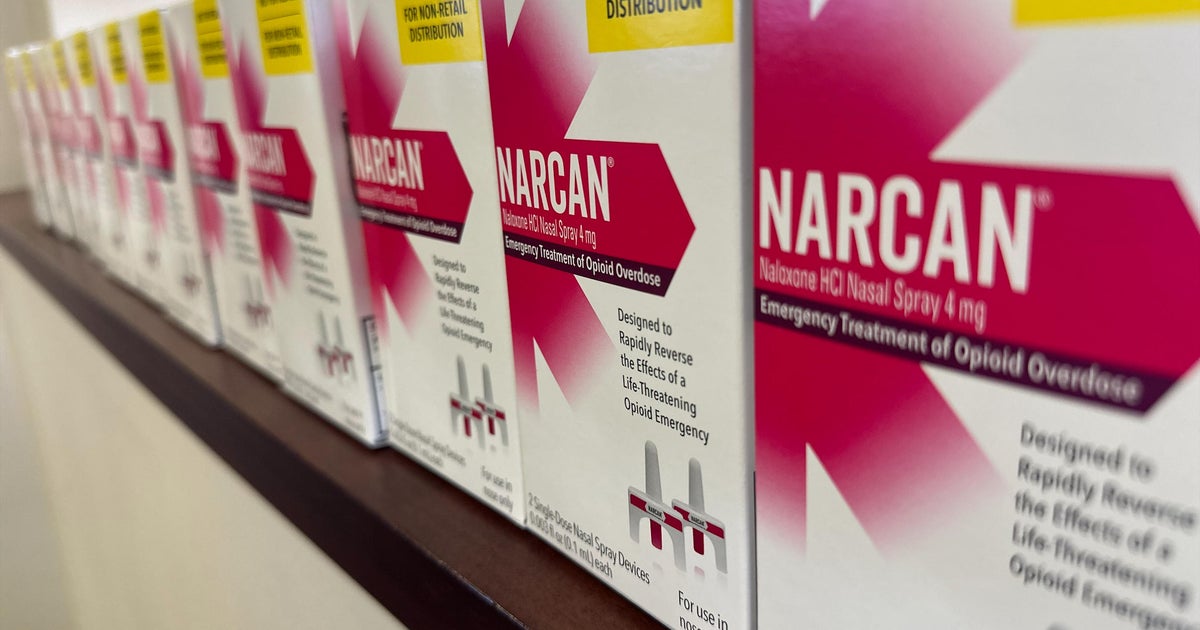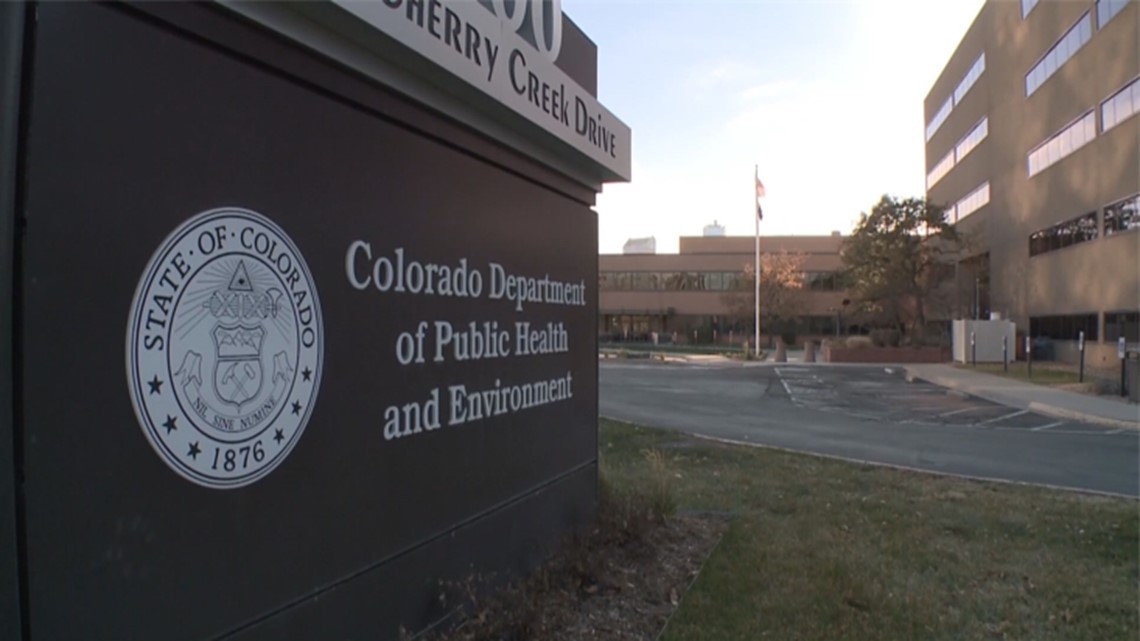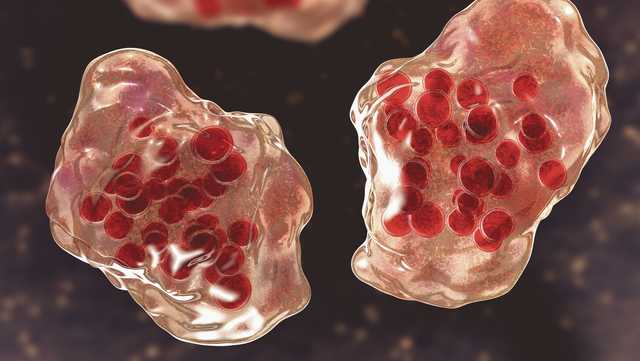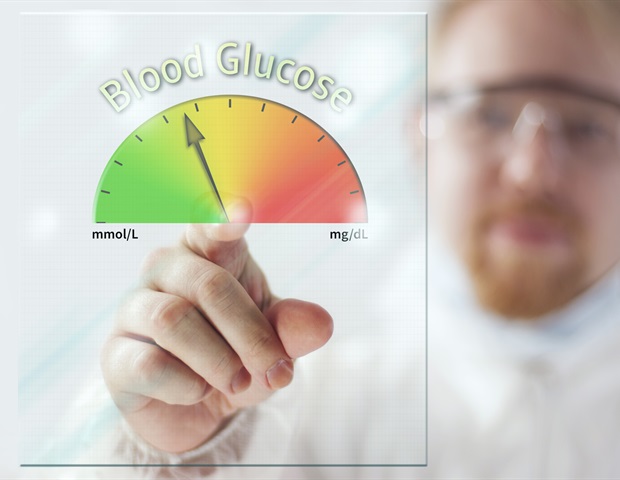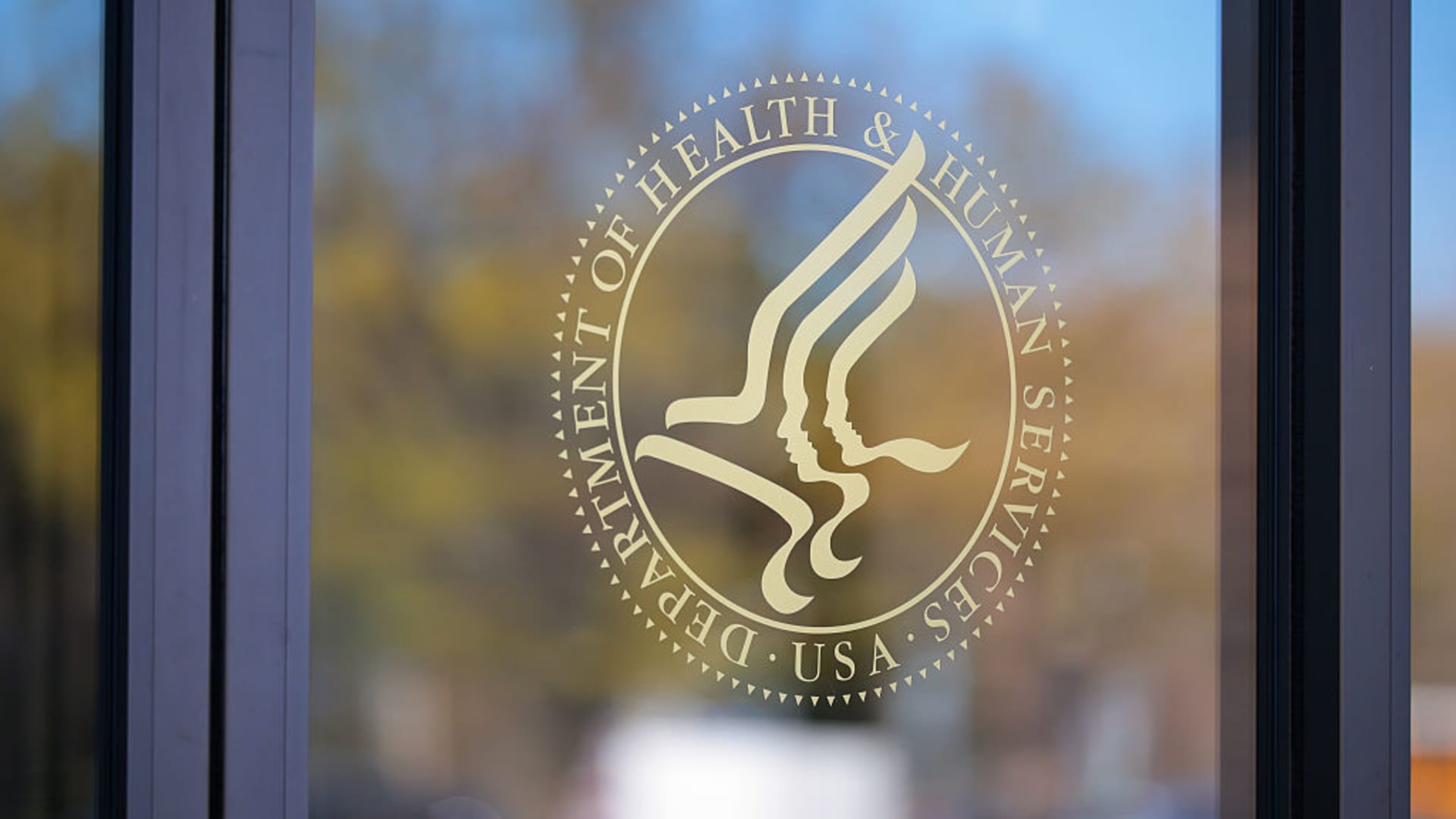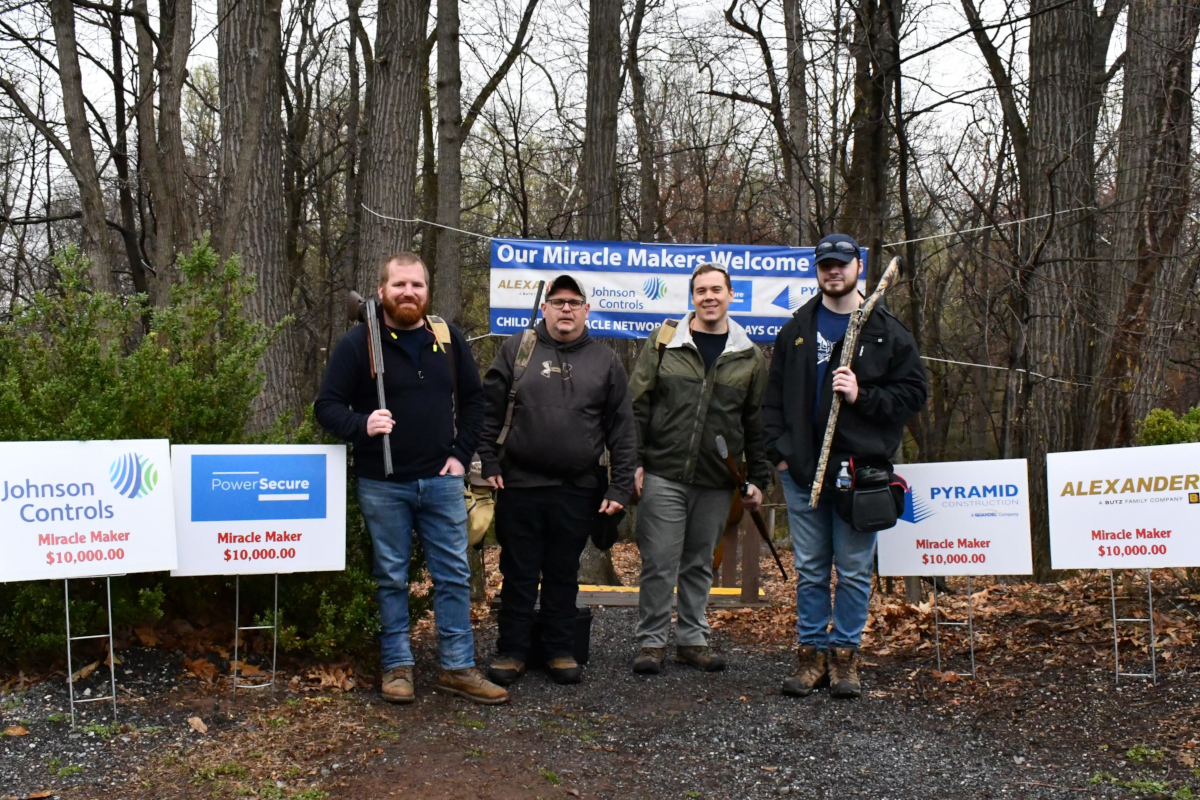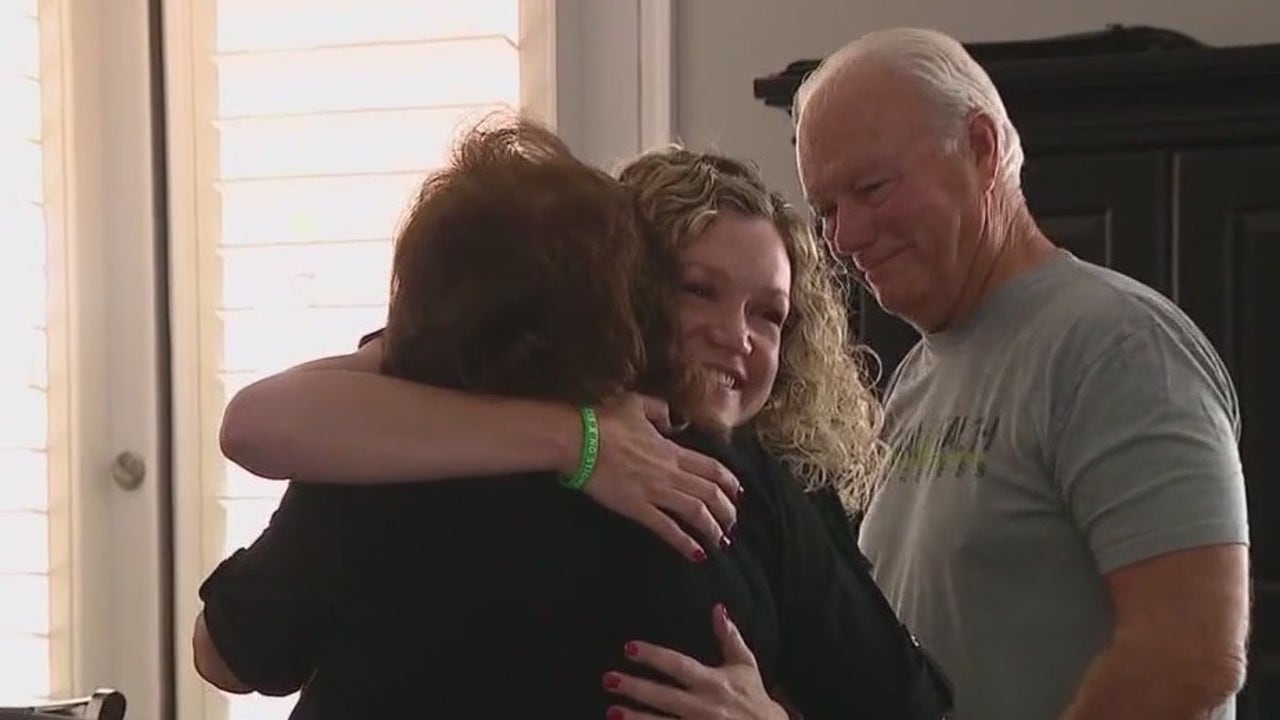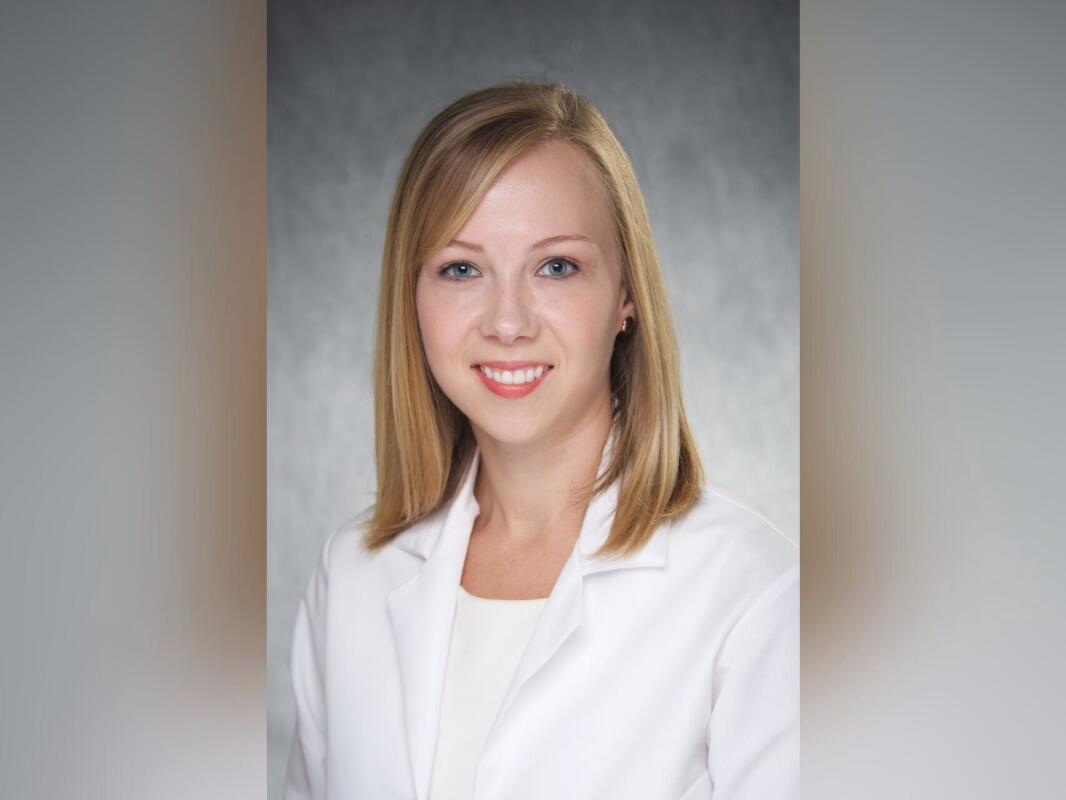When Disasters Strike: The Hidden Crisis of Delayed Cancer Screenings

A recent study reveals a significant decline in colorectal cancer (CRC) diagnoses in Puerto Rico during two major disruptive events: the devastating Hurricanes Irma and Maria, and the global COVID-19 pandemic. The analysis highlights how extraordinary circumstances can dramatically impact critical healthcare screenings and early detection efforts.
The research underscores the potential long-term health implications of interruptions to routine medical care. When natural disasters and public health emergencies strike, they can create substantial barriers to cancer screening and diagnosis, potentially leading to delayed detection and more advanced disease stages.
Researchers found that the number of CRC diagnoses dropped notably during these periods, suggesting that healthcare access and preventive medical services were severely compromised. This decline raises important questions about maintaining consistent medical screening and early detection protocols during times of widespread disruption.
The study serves as a critical reminder of the importance of resilient healthcare systems that can continue essential screening services even under challenging circumstances, ultimately protecting public health and improving cancer outcomes.

